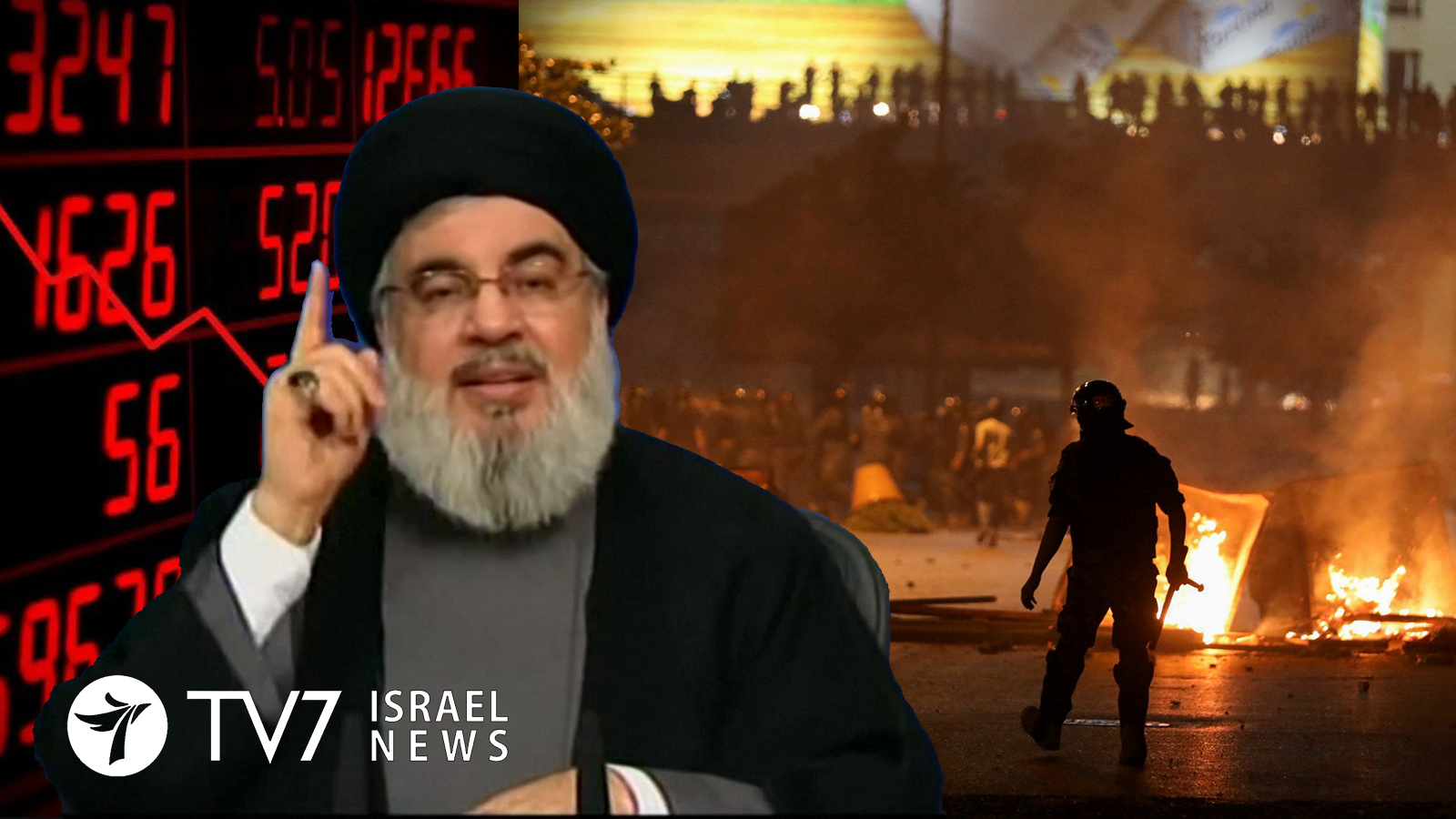Lebanon’s economic crisis has continued to deepen in recent months, with the national currency losing an astonishing 70% of its value since October.
Even though a technocratic government was appointed after years of political stability, the coronavirus pandemic heightened public distress. Mass anti-government protests have been reignited with many demonstrations rapidly deteriorating into violent riots.
Beirut authorities remain adamant at negotiating foreign bailout with the International Monetary Fund (IMF) even though necessary domestic reforms have yet to be implemented.
IMF Spokesperson Gerry Rise said, however, that the organization is “not yet at a stage to discuss specific measures under a possible fund program to support Lebanon” and that “discussions remain focused on the government’s plan.” He then reiterated that, “I have said that here before, the government’s diagnostic and the reforms proposed. Again, these are complex issues, which require consensus on how to address the difficult challenges in an effective and equitable manner. Comprehensive reforms in many areas are needed and these require ownership and consensus from society at large.”
U.S. Secretary of State Mike Pompeo has also emphasized that Washington will only offer to assist Beirut if real reform is initiated in a manner that will not benefit Hezbollah, which is an internationally-recognized terror organization and proxy of Iran.
“Our policy is very clear,” stated Pompeo, saying, “We are fully prepared to support a government that conducts real reforms and operates in a way that is not beholden to Hezbollah.”
The top American diplomat added that, “When that comes, when the government demonstrates – whoever that is – demonstrates their willingness and capacity to do that, I think not only the United States – but the whole world – will move in to assist the Lebanese government, get its economy back on its feet.”
“We’re prepared to do that; it’s the right thing for the Lebanese people,” said Secretary Pompeo, going on to point out that “It’s what the protests that are taking place, not only in Beirut but all-around Lebanon, are asking for: real reform, real change, a fundamental shift away from Hezbollah as the governing power inside of Lebanon.”
Despite evident reluctance of the international community to assist Lebanon over Hezbollah’s powerful influence over Beirut, the Shi’ite group is making it near-impossible to implement required reform amid its own financial struggles stemming from economic sanctions slapped on its Iranian patrons.
In a televised address, Hezbollah Secretary General Hassan Nasrallah sought to dissuade any reliance on international support. “We, the Lebanese people cannot go on like that – to sit and wait for the Americans,” he said, adding that “There are talks with the IMF, but I don’t know how long they will take – a month or two – there is talk that it could go as long as a year – can the country bear a year?”
And while the Hezbollah leader did not manage to provide a solution for Lebanon’s economic woes; he sought to alleviate neighboring Syria over the growing economic pressure resulting from heightened European Union and United States sanctions against the Assad regime.
“I would like to confirm to the people of Syria and to those interested, in Lebanon and the region, about the fate of Syria,” said Nasrallah, stressing that, “Syria’s allies, those who stood by her in the military, security and political wars, and even in difficult conditions, won’t abandon Syria in confronting the economic war.”
